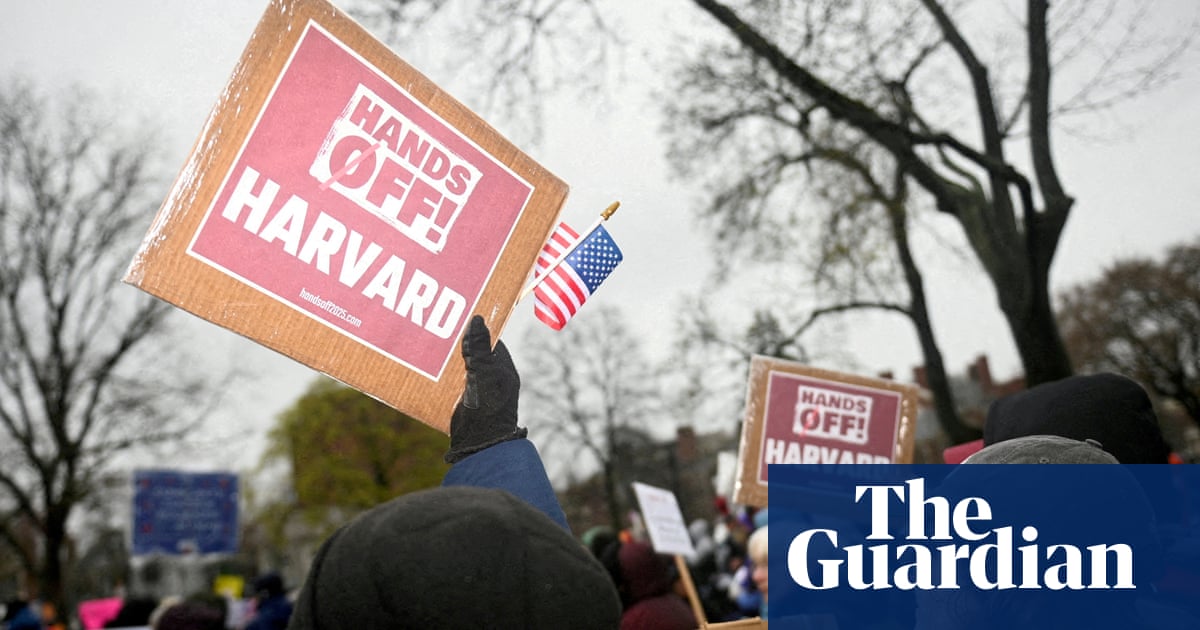In recent statements, President Trump has targeted Harvard University, labeling it a “threat to democracy” and referring to its professors dismissively. Harvard’s legal team is now using his words in a court case against his administration.
This Thursday, Harvard and the Trump administration will present their cases in a Boston federal courthouse. At the heart of the matter is the administration’s push to ban Harvard from enrolling international students, claiming the university has allowed civil rights violations and antisemitic behaviors on campus. Harvard’s president, Alan M. Garber, acknowledges issues but asserts the university has made significant efforts to address them.
Harvard plans to argue that the government is unfairly punishing the university for its outspoken commitment to academic freedom. They will include Trump’s aggressive statements as evidence of this political vendetta. David A. Super, a law professor at Georgetown, believes this strategy could be effective, noting that Trump’s posts suggest a deep-seated animosity toward Harvard and its First Amendment activities.
The implications of this case are significant, especially for international students. A ban could affect around 7,000 students—about 5,000 current students and 2,000 in a program that allows graduates to work in the U.S. for up to three years. This action could also discourage international students from considering American schools, a trend that has already been shifting due to the administration’s recent policies aimed at deporting international students.
Kirsten Weld, a Harvard professor, referred to the potential ban as “an extinction-level event.” This sentiment reflects broader concerns about the future of international education in the U.S., especially given Harvard’s long-standing tradition of welcoming top global talent, including notable alumni like Benazir Bhutto of Pakistan and Ellen Johnson Sirleaf of Liberia.
The courtroom battle has historic roots. The government’s effort to revoke a university’s right to enroll international students is unusual. Typically, such actions are reserved for cases of fraud or severe misconduct. Harvard’s legal team argues that the administration is disregarding federal regulations and acting out of retaliation for the university’s refusal to comply with its demands.
This tension is not new; even during his 2020 campaign, Trump criticized Harvard and other elite universities, hinting at plans to impose taxes on their endowments. If successful, this ban could set a precedent that puts pressure on other institutions to comply with government demands or face similar repercussions.
Social media has become a stage for public debate on this issue, with reactions ranging from support for Harvard to calls for accountability from the administration. Such discussions highlight the growing division concerning academic freedom and government power.
As the hearing approaches, the stakes are high. Judge Allison D. Burroughs will need to consider not only the legality of the ban but also its broader implications on the future of higher education in America.
For more on this ongoing situation, consider reading The New York Times and Harvard Crimson for updates.
Source link
Harvard University,Academic Freedom,Trump, Donald J






















